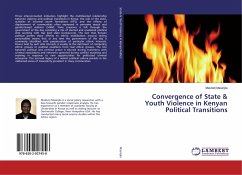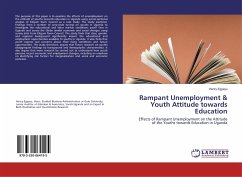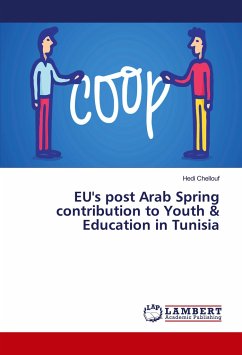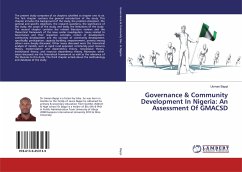Three interconnected indicators highlight the multifaceted relationship between violence and political transitions in Kenya: the role of the state, activities of informal youth formations (IYFs), and the effects of displacement of communities often expressed in pervasive sexual and gender-based violence (SGBV). State presence is felt through the government of the day consisting a mix of elected and unelected political elite working with top level state bureaucrats. The fact that Kenyan political parties show affinity to ethnic mobilization around strong personalities means that at any time the government of the day is commonly identified with perpetuation of particular ethnic interests. Power held by such elite interests is usually to the detriment of competing ethnic groups or political coalitions from rival ethnic groups. The line between political and criminal action is blurred during transitions with criminal associations and networks spawned during conflict mutating and evolving in response to new opportunities for politicized criminal enterprise. The accrued legacy of a violent political culture persists in the militarised sense of masculinity prevalent in many communities.
Bitte wählen Sie Ihr Anliegen aus.
Rechnungen
Retourenschein anfordern
Bestellstatus
Storno








